The iTunes Music Store, launched by Apple on April 28, 2003, marked a pivotal moment in the history of digital media. Conceived at a time when music piracy through platforms like Napster ran rampant, the iTunes Store offered a legal, user-friendly alternative that allowed consumers to purchase and download individual songs for 99 cents each.
Apple co-founder and CEO Steve Jobs used his tech savvy and marketing skills to convince major record labels that people would pay for music if given an easy, affordable way to buy it digitally. With a sleek interface integrated seamlessly into iTunes software, the store initially featured around 200,000 songs.
After its launch, the iTunes Music Store quickly transformed how Apple users interacted with music. And the impact on the music industry proved profound and far-reaching.
Before the iTunes Music Store
Before iTunes, physical album sales dominated the traditional model, forcing consumers to buy full albums even if they wanted only a single track. In a throwback to the days of 45 rpm singles, the iTunes Music Store shattered that model by popularizing the sale of individual songs.
This not only changed consumer habits but also shifted the economics of the music industry. It provided artists with a new avenue to reach audiences.
The iTunes Music Store also revitalized back catalogs, allowing songs that might otherwise have been forgotten to generate new revenue. Importantly, it legitimized digital music at a time when the industry was struggling to adapt to the online world.
iTunes made it easy for owners of Macs, iPods, iPhones and, eventually, Windows PCs, to purchase and organize digital content.
Lasting impact on the streaming biz
Over the following years, iTunes expanded globally, adding movies, TV shows and podcasts, turning it into a central hub for digital content. Its early success paved the way for the iPhone’s App Store and the later rise of streaming services like Spotify and Apple Music, which would again transform the industry by emphasizing access over ownership.
The iTunes Music Store’s legacy endures as a turning point that forced the music business to rethink distribution and value in the digital age. It effectively bridged the gap between the old model of physical sales and the modern era of instant digital access.
Read Cult of Mac’s latest posts on iTunes Music Store:
 February 12, 2012: Months after his untimely death, Apple co-founder Steve Jobs is honored with a Special Merit Grammy Award in recognition of his contributions to the field of music with the iPod and iTunes Music Store.
February 12, 2012: Months after his untimely death, Apple co-founder Steve Jobs is honored with a Special Merit Grammy Award in recognition of his contributions to the field of music with the iPod and iTunes Music Store.


 November 22, 2005: Two-and-a-half years
November 22, 2005: Two-and-a-half years 
 September 24, 2009: After Eminem sues Apple, the company’s lawyers head to court to defend Cupertino against the rapper’s music publisher, Eight Mile Style. The lawsuit alleges that Apple unlawfully sold 93 of Eminem’s songs on the
September 24, 2009: After Eminem sues Apple, the company’s lawyers head to court to defend Cupertino against the rapper’s music publisher, Eight Mile Style. The lawsuit alleges that Apple unlawfully sold 93 of Eminem’s songs on the 
 May 9, 2005: Apple quietly begins selling music videos in the
May 9, 2005: Apple quietly begins selling music videos in the  May 5, 2003: Just a week after launching the iTunes Music Store, Apple reaches an incredible milestone with more than 1 million songs sold.
May 5, 2003: Just a week after launching the iTunes Music Store, Apple reaches an incredible milestone with more than 1 million songs sold.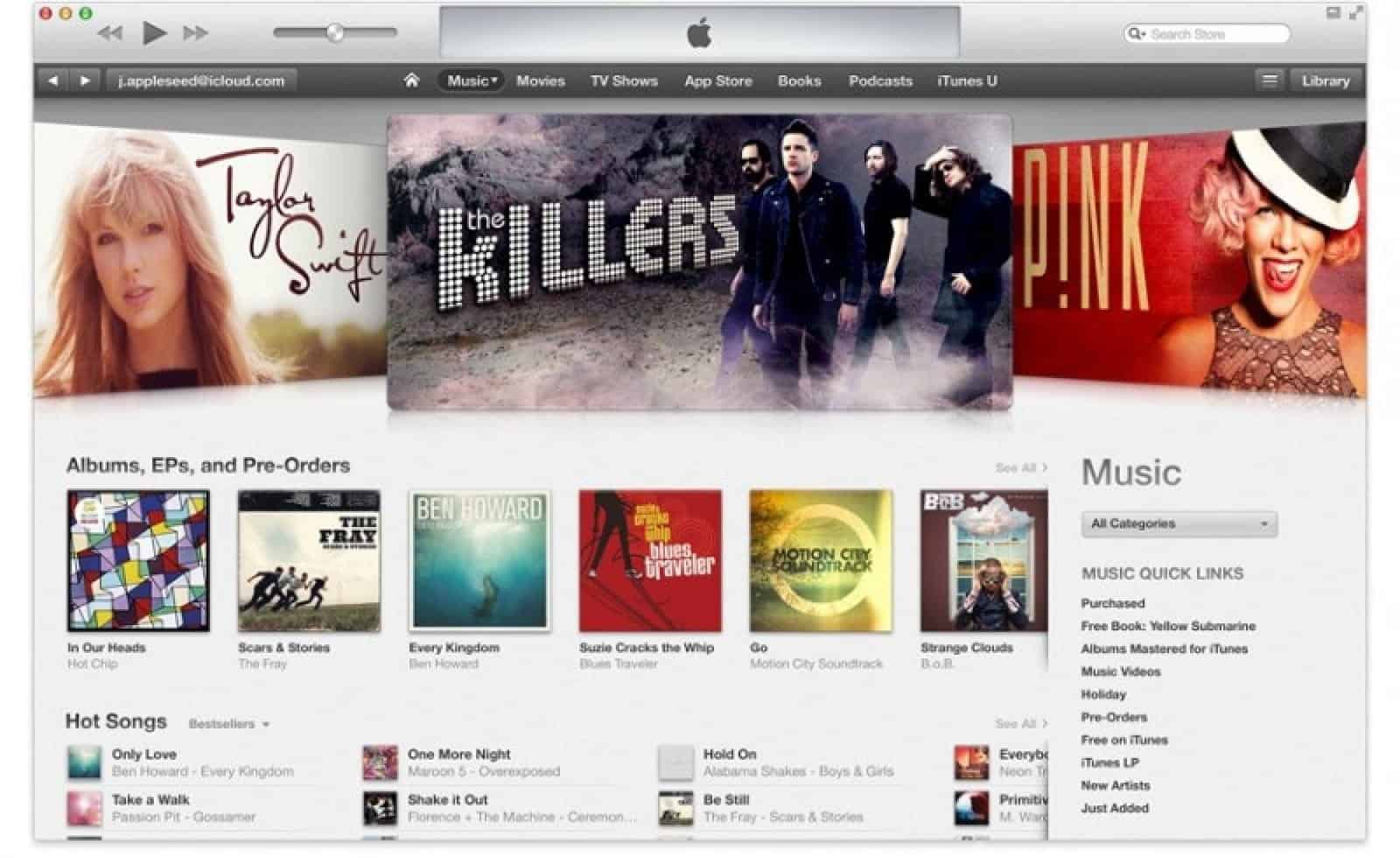
 April 28, 2003: Apple opens the
April 28, 2003: Apple opens the 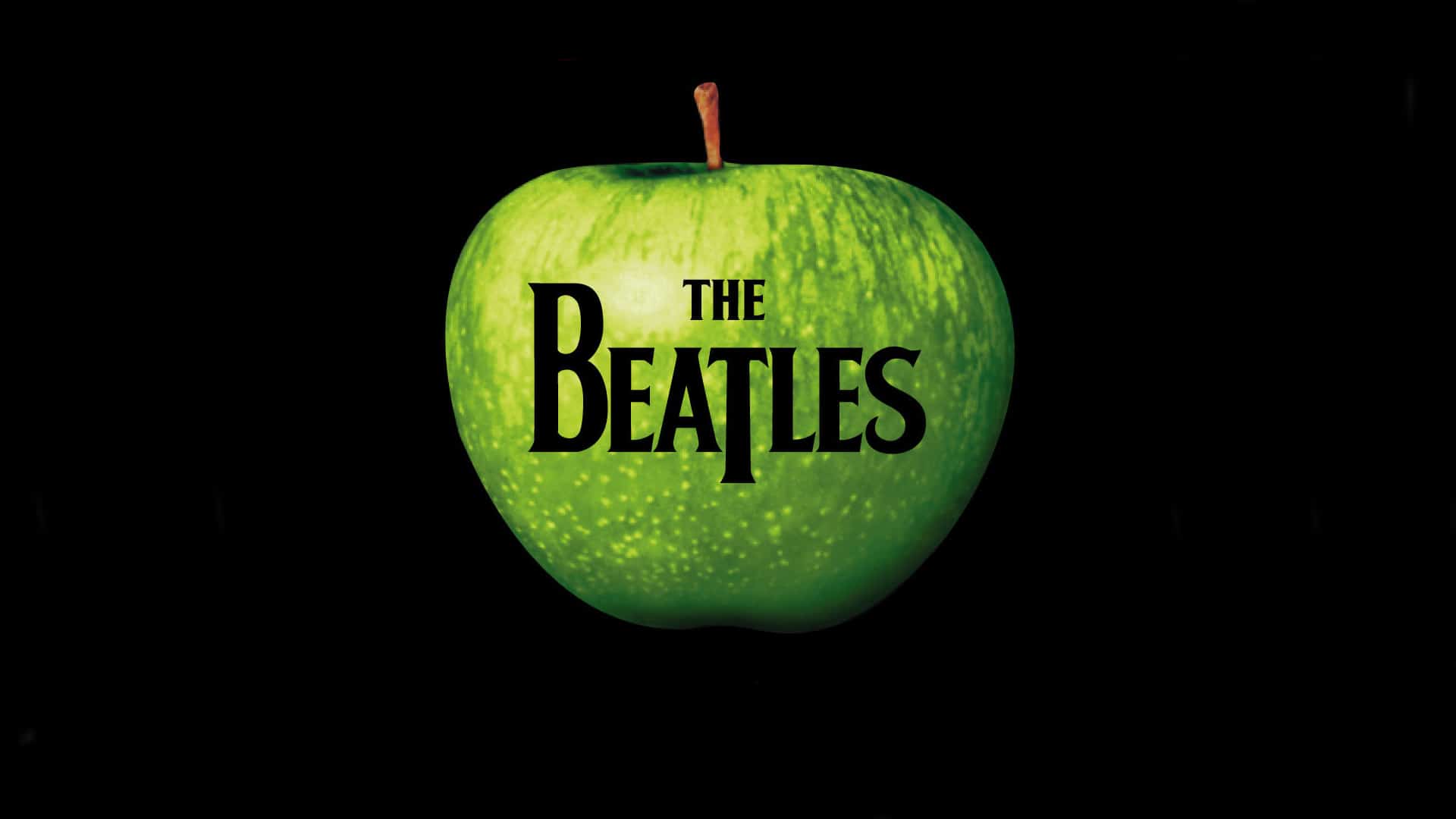
 March 30, 2006: A court case begins that once again pits Apple Computer against Apple Corps, aka The Beatles’ record label and holding company.
March 30, 2006: A court case begins that once again pits Apple Computer against Apple Corps, aka The Beatles’ record label and holding company.
 December 15, 2003: Almost eight months after launching the iTunes Music Store, Apple celebrates its 25 millionth download.
December 15, 2003: Almost eight months after launching the iTunes Music Store, Apple celebrates its 25 millionth download.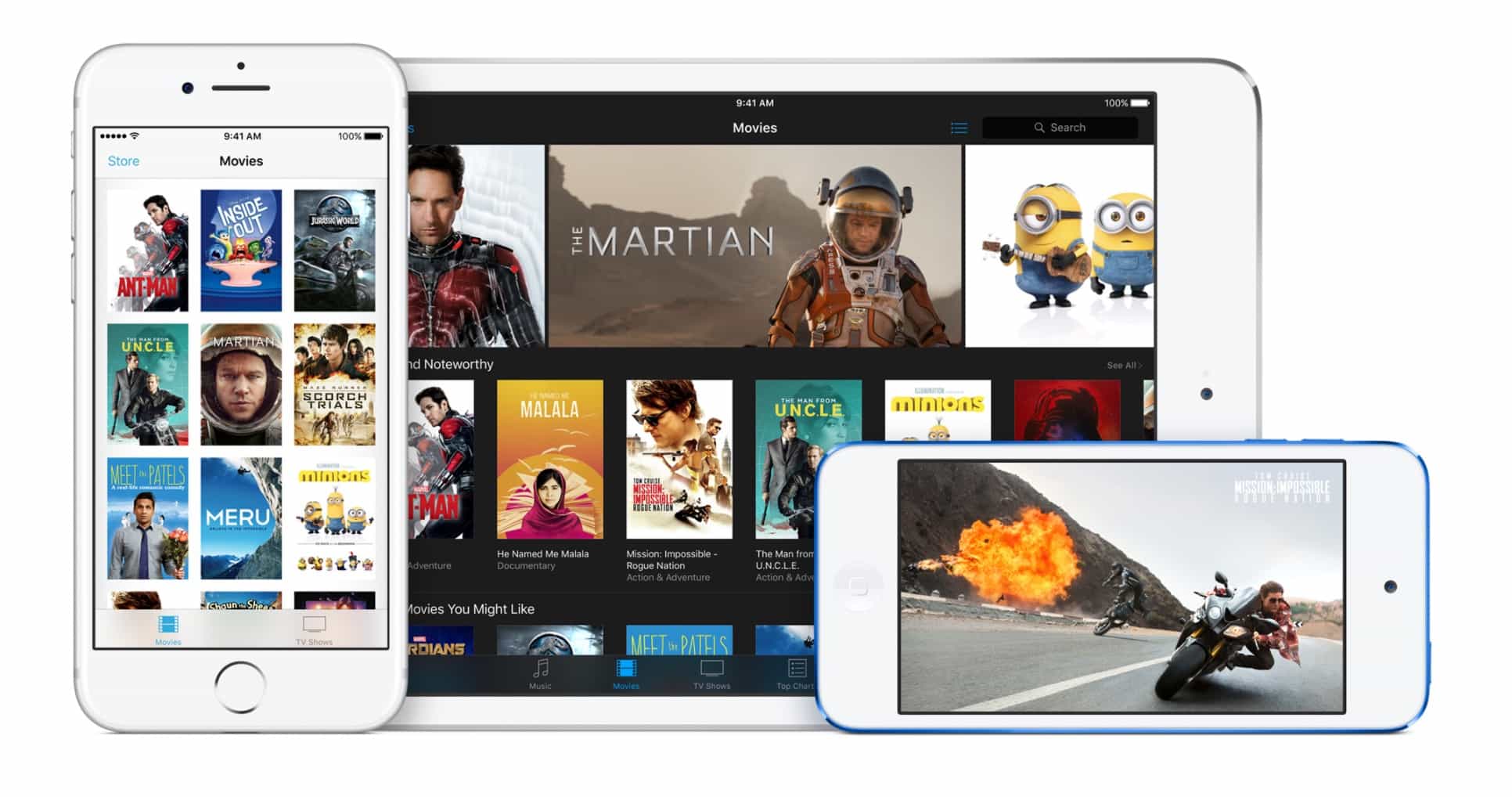

 July 12, 2004: Apple boasts that the
July 12, 2004: Apple boasts that the 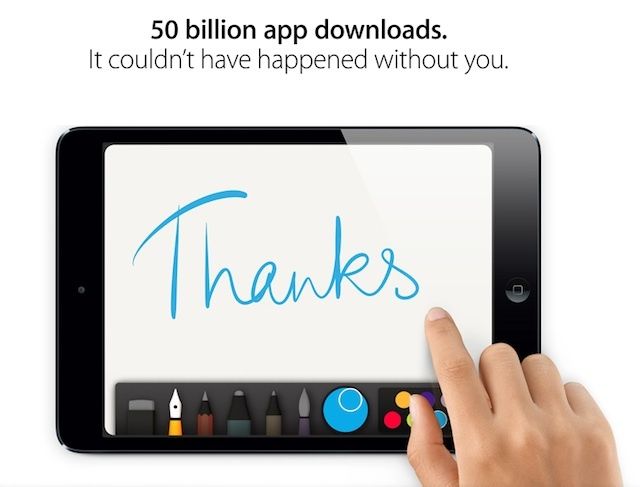

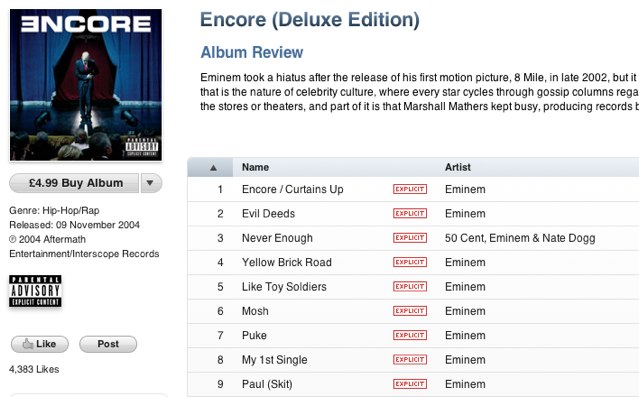
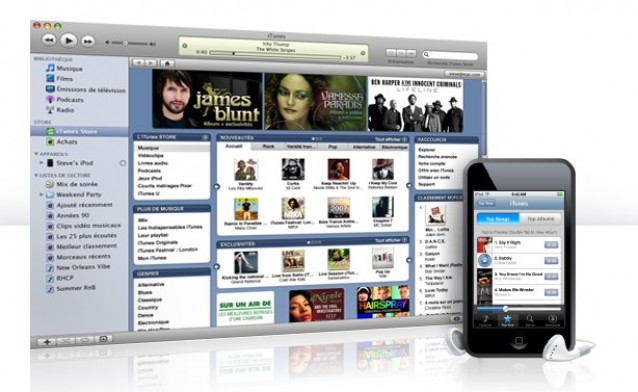
![Steve Jobs: Building The World’s Greatest Company, One Product At A Time [Gallery] steve-jobs-apple-think-different](https://www.cultofmac.com/wp-content/uploads/2011/08/wallpaper-steve-jobs-con-mela-in-mano-retro.jpeg)